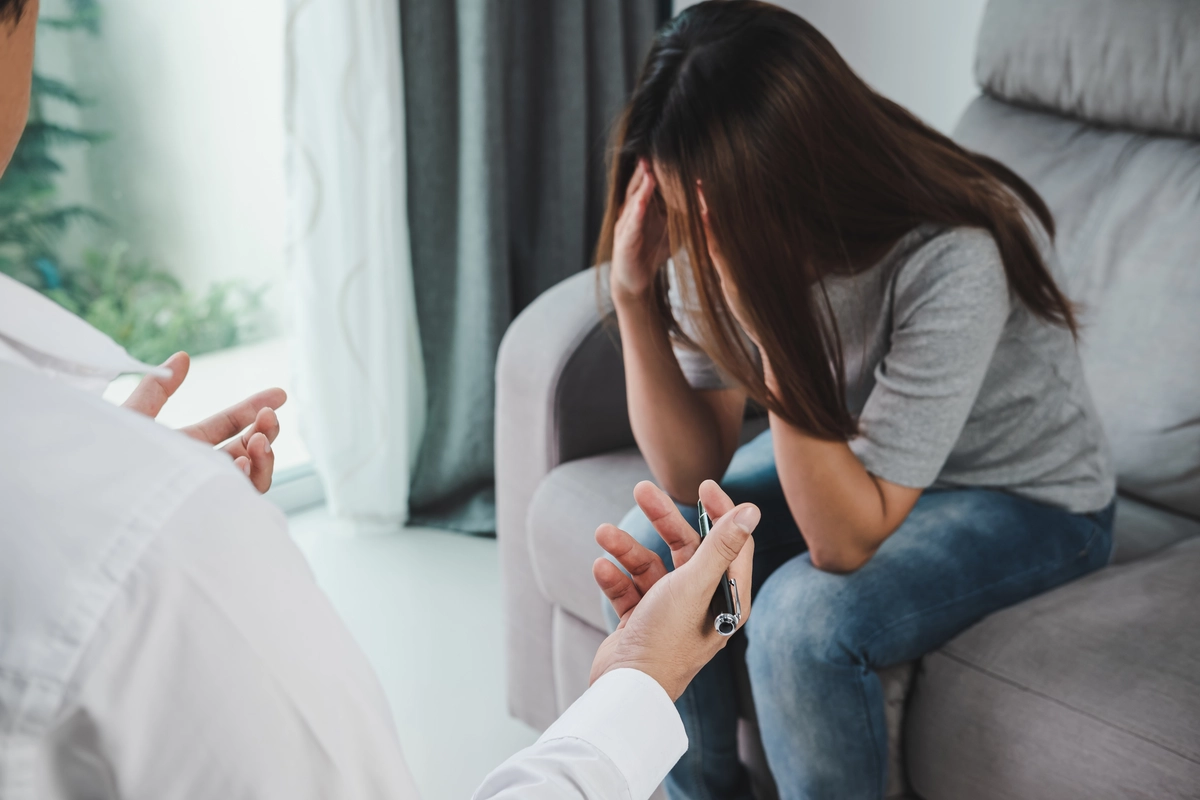24/7 Helpline:
(866) 899-221924/7 Helpline:
(866) 899-2219
Learn more about Bipolar Disorder Treatment centers in New Pine Creek
Bipolar Disorder Treatment in Other Cities

Other Insurance Options

Excellus

Covered California

Ambetter

Kaiser Permanente

American Behavioral

Self-pay options

Oxford

WellCare Health Plans

AllWell

Optima

Group Health Incorporated

United Health Care

Private insurance

Health Net

Cigna

Evernorth

CareSource

Lucent

Multiplan

Premera





































































Lake County Mental Health Department
Lake County Mental Health Department is a public rehab located in Christmas Valley, Oregon. Lake Cou...














